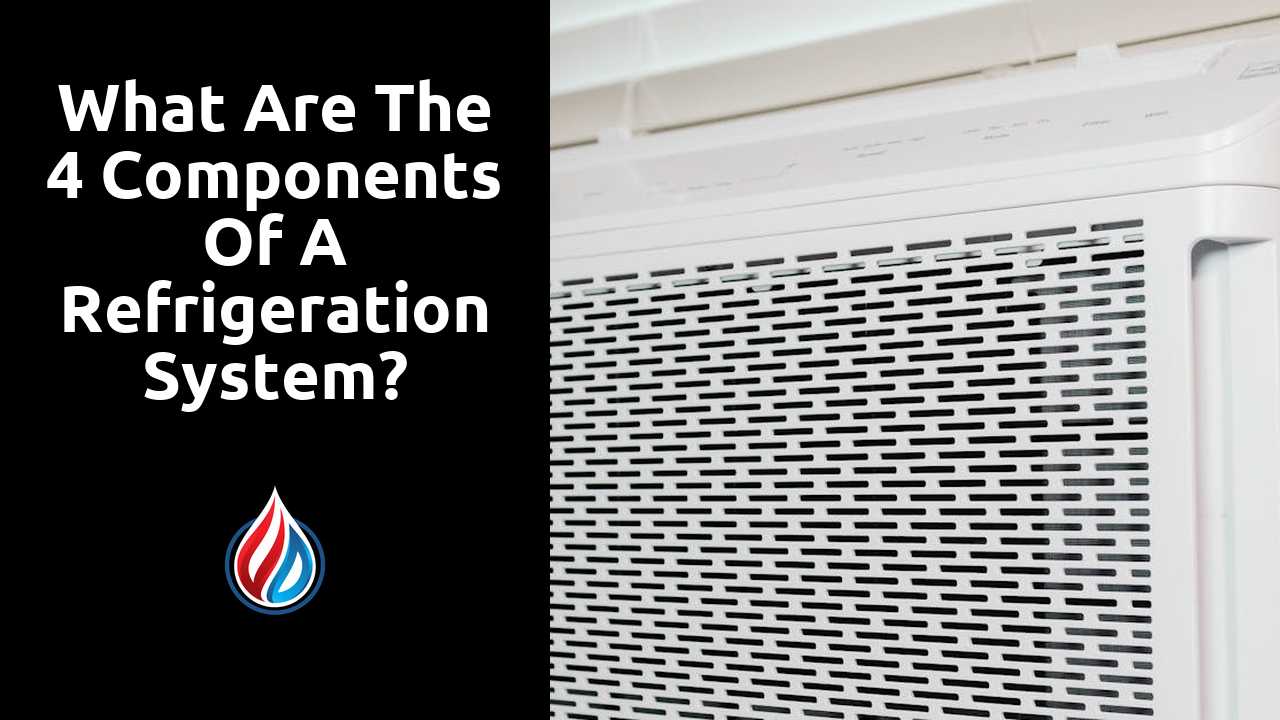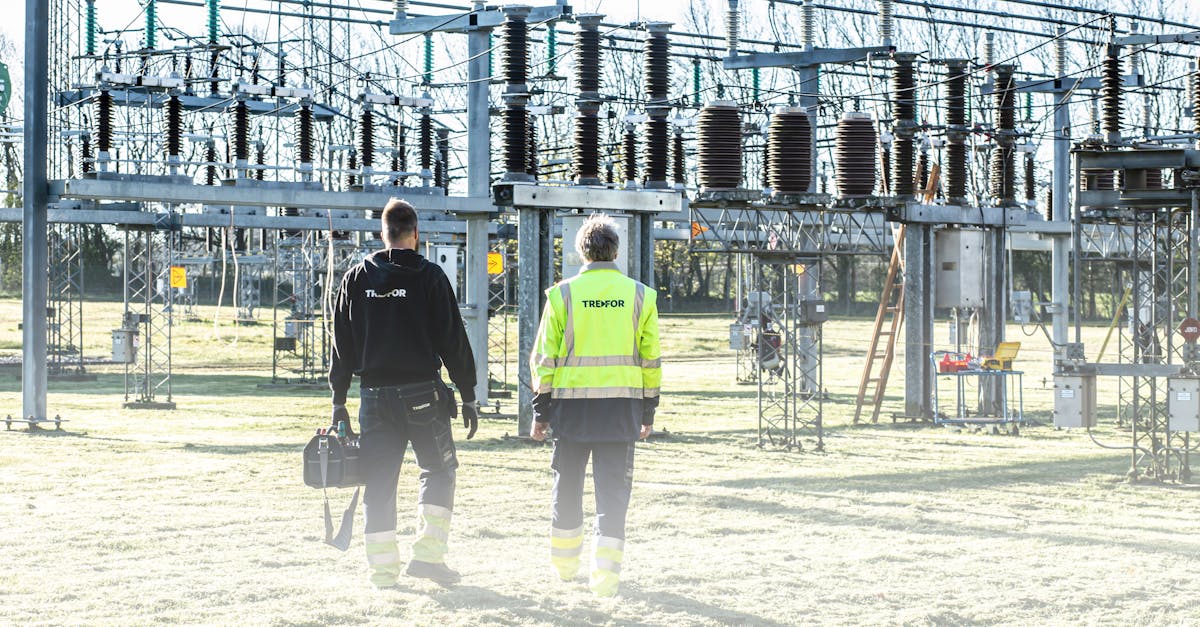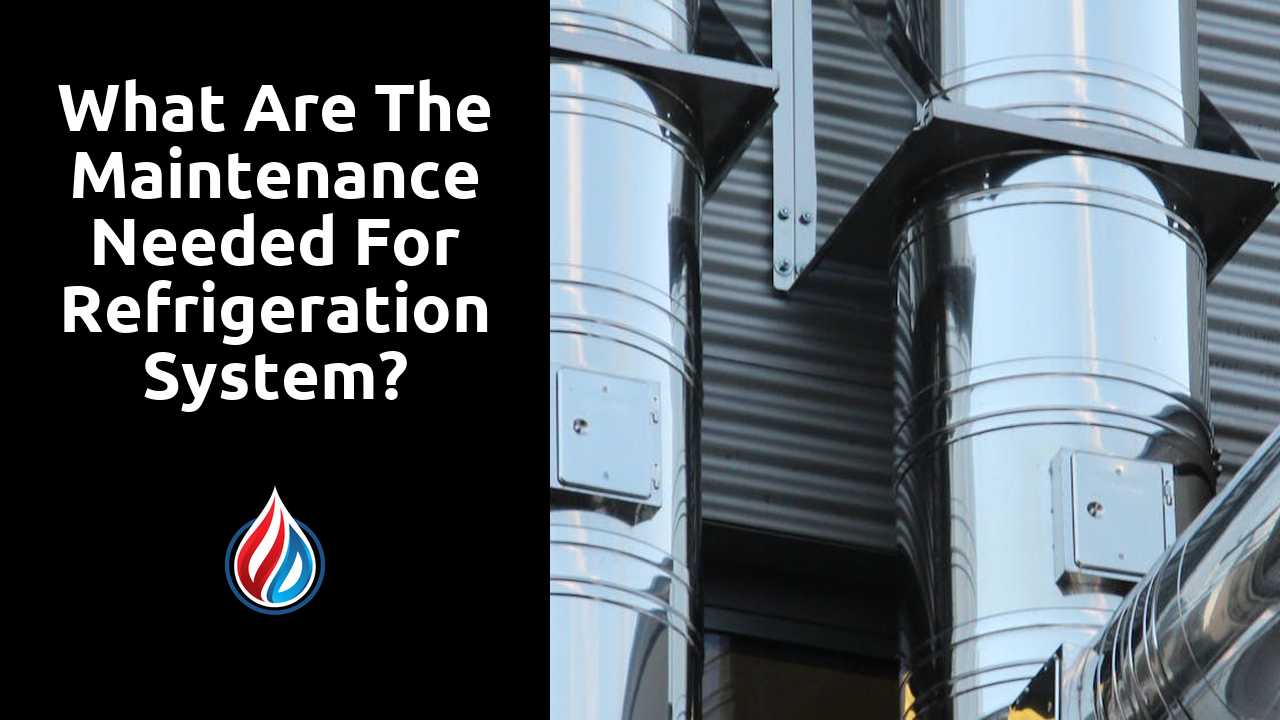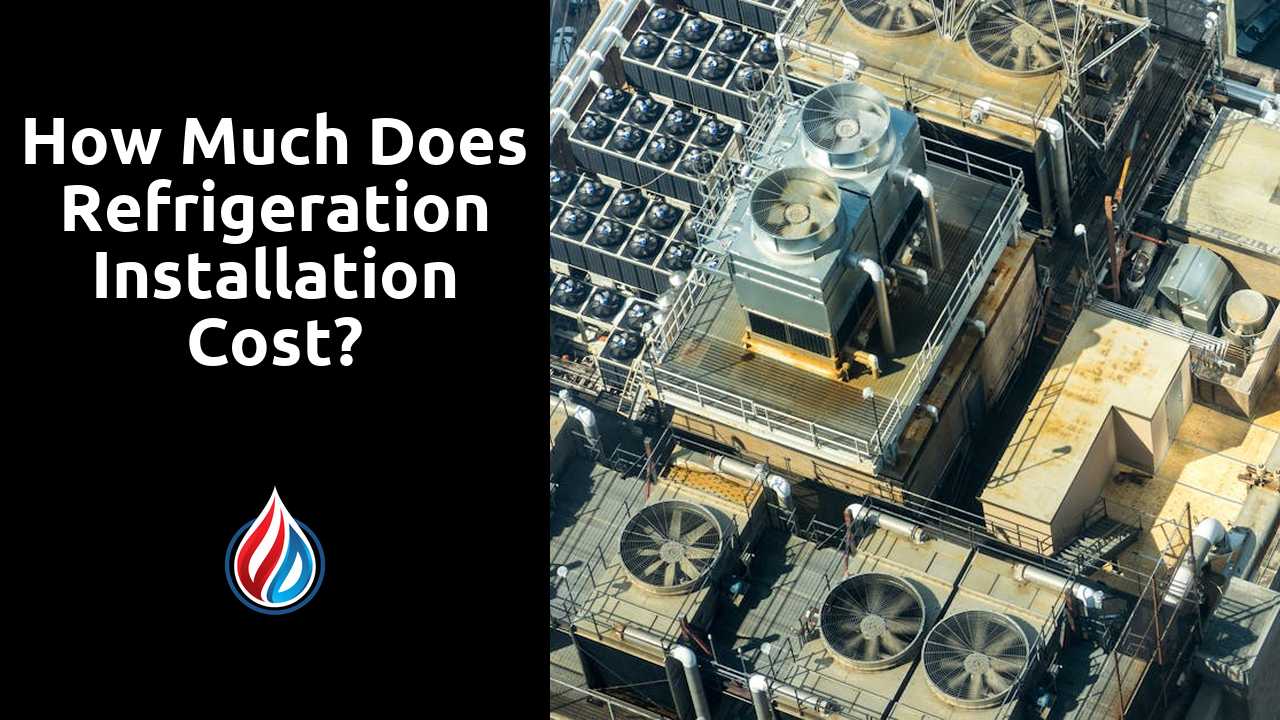
Table Of Contents
The Refrigerant
The refrigerant serves as the vital fluid in a refrigeration system, absorbing heat from the environment and facilitating its transfer to another area. This process is crucial for achieving the cooling effect necessary for various applications, particularly in commercial and residential settings. The efficiency of a refrigeration system largely depends on the type and properties of the refrigerant used, as it must operate effectively within the intended temperature range while minimising energy consumption and environmental impact.
Different types of refrigerants are employed in refrigeration systems, each with specific characteristics and applications. Hydrofluorocarbons (HFCs) have been popular in recent years due to their lower ozone depletion potential compared to older substances. However, the global push for sustainability has led to increased interest in natural refrigerants such as ammonia and carbon dioxide, which offer environmentally friendly alternatives. Understanding the properties of these refrigerants is essential for proper Refrigeration System Installation and Repair, ensuring that systems perform efficiently and in compliance with regulatory standards.
Types of Refrigerants Used in Systems
Refrigerants play a crucial role in the operation of any refrigeration system. These fluids circulate within the system, absorbing heat from the environment and releasing it elsewhere. The choice of refrigerant can significantly impact efficiency, environmental sustainability, and compliance with regulations. Common refrigerants include hydrofluorocarbons (HFCs), which are widely used due to their effective heat transfer properties. However, due to their high global warming potential, alternatives like hydrofluoroolefins (HFOs) and natural refrigerants such as ammonia and carbon dioxide are gaining popularity in modern applications.
In the context of refrigeration system installation and repair, understanding the characteristics of various refrigerants is essential. Each type has its specific operational requirements and safety precautions. For instance, ammonia is efficient but poses toxicity risks, while HFOs provide a lower environmental impact but may require different handling techniques. Technicians must be well-versed in the properties of these substances to ensure optimal performance and adherence to safety standards, enabling efficient troubleshooting and maintenance of refrigeration systems.
System Efficiency
The efficiency of a refrigeration system plays a crucial role in its overall performance and operational costs. Several factors contribute to how effectively the system can maintain the desired temperatures while consuming minimal energy. Elements such as the design of the system, the choice of refrigerant, and the ambient conditions in which the system operates can all have significant impacts on efficiency. Proper installation and maintenance practices are essential to ensure that the system functions at peak performance levels.
Issues like inadequate insulation, refrigerant leaks, and poor airflow can severely hinder a system's efficiency. Therefore, regular checks and timely interventions through professional services for Refrigeration System Installation and Repair are vital. Addressing potential problems early and ensuring that all components are working harmoniously leads to improved energy efficiency and reduced running costs over time.
Factors Affecting Overall Performance
The overall performance of a refrigeration system is influenced by several key factors, including the quality of installation and the regularity of maintenance. Proper Refrigeration System Installation and Repair ensures that all components are correctly aligned and functioning optimally, which can significantly enhance efficiency. Neglected systems may experience a decline in performance due to wear and tear, obstructed air flow, or refrigerant leaks, which can compromise their cooling capability.
Another critical factor impacting efficiency is the choice and condition of the refrigerant used. Some refrigerants have specific properties that make them more suitable for particular applications, while others may lead to increased energy consumption if not appropriately matched to the system. Aspects such as ambient temperature and usage patterns also play a role, highlighting the importance of a tailored approach in both installation and ongoing maintenance to maximise the performance of refrigeration systems.
Common Issues in Refrigeration Systems
Refrigeration systems, despite their robust design, can encounter a range of common issues that impact their efficiency. One frequent problem is a refrigerant leak, which can lead to diminished cooling capacity and increased energy consumption. Additionally, the compressor may fail due to wear and tear, causing the entire system to operate ineffectively. These problems not only affect performance but can also result in costly repairs if not addressed promptly. Regular maintenance is crucial for identifying potential issues early before they evolve into major faults.
Another common issue lies in the electrical components of the refrigeration system. Circuit breakers can trip, or wiring can become damaged, disrupting the power supply to vital parts of the system. Furthermore, a dirty condenser coil can hinder heat exchange, reducing efficiency significantly. Awareness of these potential failures is important for anyone involved in Refrigeration System Installation and Repair. Understanding the signs of malfunction allows for timely interventions that can save both time and money down the line.
Troubleshooting Component Failures
When addressing troubleshooting in refrigeration systems, it is essential to identify common issues that may arise. Problems can include refrigerant leaks, compressor failures, or issues with expansion valves. Detection often involves checking for unusual noises, assessing temperature fluctuations, and inspecting the refrigerant levels. An experienced technician will carry out comprehensive tests to ascertain where the fault lies, ensuring that all components function optimally.
In some cases, preventive maintenance can significantly reduce the frequency of failures. Regular checks allow for early signs of wear or malfunction to be identified before they escalate into serious issues. Documentation of past repairs and maintenance activities can aid cooling professionals during the diagnostic process. For those in need of assistance, consulting with a specialist in Refrigeration System Installation and Repair can provide valuable insights and ensure the system runs efficiently over time.
FAQS
What are the four main components of a refrigeration system?
The four main components of a refrigeration system are the compressor, condenser, expansion valve, and evaporator.
How does the refrigerant work in a refrigeration system?
The refrigerant circulates through the system, absorbing heat from the environment in the evaporator and releasing it in the condenser, thus maintaining a cold environment.
What factors can affect the efficiency of a refrigeration system?
Several factors can affect efficiency, including the type of refrigerant used, ambient temperature, system maintenance, and the presence of leaks or blockages.
Why is troubleshooting important in refrigeration systems?
Troubleshooting is crucial to identify and rectify component failures, ensuring the system operates efficiently and prolonging its lifespan.
What types of refrigerants are commonly used in refrigeration systems?
Common types of refrigerants include HFCs (hydrofluorocarbons), HCFCs (hydrochlorofluorocarbons), natural refrigerants like ammonia, and hydrocarbons such as propane and isobutane.


